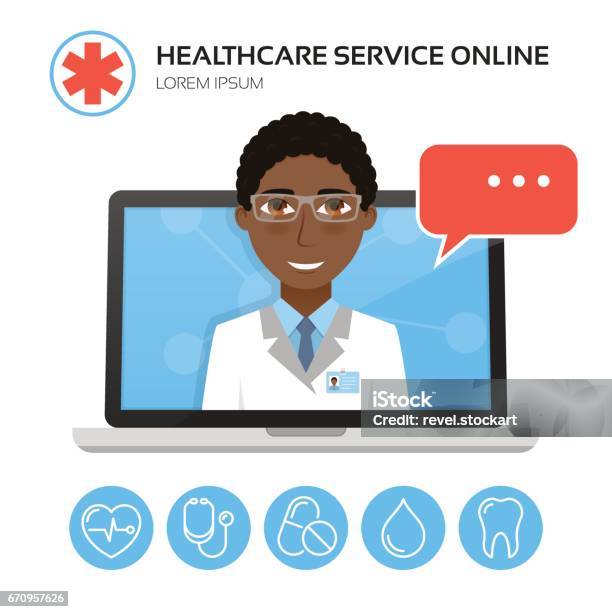How Subscription Based Healthcare is Changing Patient Accessibility to Services
How Subscription Based Healthcare is Changing Patient Accessibility to Services
Blog Article
The Surge of Subscription-Based Health Care and Its Effect on Client Care
As medical care advances, the subscription-based design is gaining traction, assuring to revolutionize person care by offering predictability and availability. The possibility for these versions to reshape medical care delivery raises pressing concerns regarding their long-term sustainability and inclusivity. Are these registration services the future of medical care, or do they risk leaving vulnerable populations behind?
Recognizing Membership Medical Care Versions
Understanding the concept of registration health care designs includes checking out a transformative approach to clinical solutions that emphasizes cost and availability. These designs, often described as straight health care (DPC) or concierge medication, have actually emerged as innovative choices to traditional fee-for-service medical care systems. Subscription healthcare permits patients to pay a fixed monthly or yearly fee for a specified collection of medical solutions, which may consist of limitless workplace sees, routine check-ups, and standard lab examinations, without the need for traditional insurance billing.
The structure of registration health care models is designed to improve person care by removing third-party payers and complex payment codes, thus minimizing management problems. Medical care providers can focus a lot more on patient treatment, fostering more powerful patient-provider connections. This design likewise promotes preventative treatment by encouraging regular check outs, as the financial challenge of per-visit fees is gotten rid of.
The membership design often equips doctor to handle smaller individual panels, enabling even more tailored treatment. It straightens monetary motivations with individual wellness outcomes, as carriers are encouraged to preserve person fulfillment and health. In general, recognizing membership medical care models calls for identifying their possible to improve exactly how treatment is supplied and accessed.
Advantages for People and Carriers

With a stable revenue stream, health care experts can commit even more time to each patient, leading to a more comprehensive and personalized treatment experience. The focus on preventative treatment within membership plans can lead to much better patient outcomes and lowered lasting health care costs.
Difficulties and Concerns
While subscription-based healthcare models existing many benefits, they likewise include a collection of obstacles and concerns that must be attended to. Ease of access continues to be a considerable issue, as these models commonly target people that can afford regular monthly charges, potentially leaving out low-income populations. This increases ethical questions about fair access to medical care services. Additionally, the different nature of subscription plans can cause complication among patients pertaining to coverage specifics, potentially resulting in unmet expectations or poor treatment.
Financial sustainability of subscription-based designs is another concern. Companies must stabilize the fixed income from subscriptions with the variable costs of health care services, which may fluctuate as a result of unforeseen clinical requirements. This can develop stress to restrict services or boost costs, possibly impacting client fulfillment and care quality.
Additionally, regulative oversight of subscription-based medical care versions is still advancing. The lack of standard structures can result in irregular solution top quality and accountability, complicating initiatives to make sure client defense. The combination of modern technology-- often a foundation of these models-- raises concerns about information privacy and protection, as sensitive individual info could be at risk to violations. Dealing with these obstacles is essential for the successful and equitable application of subscription-based medical care.
Effect On Patient-Doctor Relationships
One considerable effect of subscription-based medical care models on patient-doctor connections is the potential for boosted connection and customized treatment. By embracing a membership model, medical professionals can manage a smaller sized patient panel, permitting more committed time with each individual. This increased availability promotes a much deeper understanding of an individual's case history, way of living, and choices, enabling much more customized treatment plans and interventions.

Nonetheless, it is very important to acknowledge that while subscription-based versions might benefit those that can manage them, they can unintentionally broaden medical care variations. Clients who are incapable to take part in these designs might experience lower access to personalized treatment, potentially impacting their partnerships with doctor. Hence, while the registration design offers encouraging benefits for patient-doctor relationships, it also poses obstacles that need to be dealt with to ensure Homepage fair healthcare gain access to.
Future of Medical Care Gain Access To

The duty of modern technology can not be overlooked from this source in this change. Telemedicine platforms and electronic health and wellness documents assist in smooth interaction in between individuals and medical care service providers, breaking down geographical and logistical barriers. Additionally, developments in expert system and data analytics can further personalize treatment by forecasting patient demands and maximizing therapy strategies.
However, the future of health care access also presents challenges, such as ensuring equity throughout various socio-economic teams. Policymakers and doctor should collaborate to link the electronic divide, making sure that subscription-based designs remain budget-friendly and inclusive. As these systems grow, they hold the pledge of making health care extra available, efficient, and patient-centric.
Verdict
Subscription-based healthcare designs are improving person treatment by giving a stable cost structure and enhancing availability. The increase of subscription-based health care urges aggressive person involvement, which has the potential to boost patient results and complete satisfaction, indicating a transformative shift in health care shipment.
As health care develops, the subscription-based design is acquiring traction, promising to transform client care by offering predictability and accessibility.Subscription-based healthcare models supply distinctive benefits for both service providers and patients, boosting the total health care experience.As healthcare systems evolve, the future of medical care accessibility often hinges on the assimilation of ingenious designs and technologies.Subscription-based medical care models are reshaping patient treatment by giving a secure expense structure and boosting accessibility. The rise of subscription-based more information healthcare encourages aggressive person interaction, which has the potential to enhance client end results and fulfillment, signaling a transformative change in healthcare distribution.
Report this page